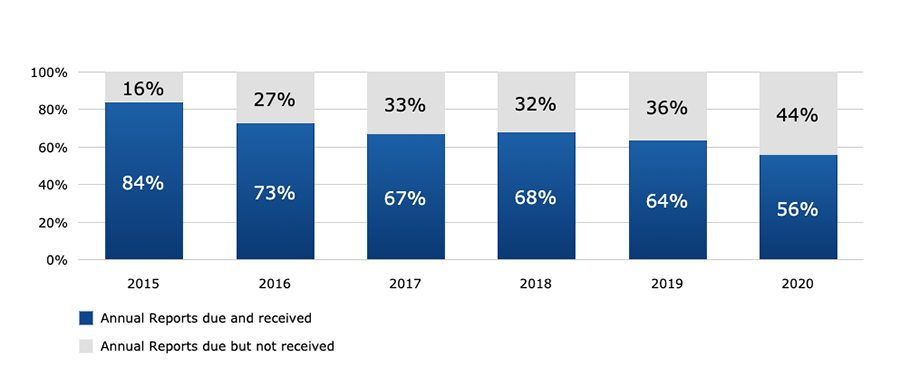ATT Members Highlight Small Arms, Light Weapons
October 2021
By Jeff Abramson
Small arms and light weapons and stockpile management were focuses of the recent annual conference of states-parties to the Arms Trade Treaty as organizers tried to draw attention to the human harm caused by the trade and misuse of conventional weapons.
Although the formal program largely avoided discussing specific arms transfers, side events at the conference, often led by nongovernmental groups, called attention to controversial weapons deliveries to warring parties in Yemen and other conflicts that contributed to human suffering.
The conference, held Aug. 30–Sept. 3, adopted a hybrid format, with some delegates in Geneva and others joining the meeting remotely. Ambassador Lansana Gberie of Sierra Leone was the conference president.
Representatives of 86 of the treaty’s 110 states-parties were among those participating in the meeting, which took place shortly after the Taliban takeover of Afghanistan and its capture of billions of dollars in weapons provided to the Afghan government in the years after the Sept. 11 terrorist attacks. Whether concern about instability from the loss of control of so many weapons would move more countries to join the treaty is not clear. No new country has deposited legal instruments to become a state-party since 2020, before the sixth conference.
China, which acceded to the ATT in July 2020, was active at the meeting and again reiterated that Beijing does not permit arms exports to nonstate actors.
Reports on Arms Trades Decline

Among the outcomes, the conference called on the states-parties to “better utilise existing guidance and tools developed under relevant international and regional instruments on preventing the illicit trade in [small arms and light weapons] and strengthening stockpile management and security in order to prevent diversion” of weapons.
The treaty requires that countries file an initial report on national implementation practices , as well as annual reports describing authorized or actual conventional arms transfers. This reporting remains a concern for the ATT. The submission rate of annual reports has continued to decline, eroding the improvements in transparency for which treaty advocates hoped.
In 2015, 84 percent of the countries required to report on their transfers filed an annual report with the ATT Secretariat, compared to just 56 percent in 2020. Of those reports that were submitted, a growing number are being restricted for use by treaty members exclusively, rather than being made publicly available. Only 4 percent of states-parties chose private reporting for 2015, but 29 percent have done so for 2020 transfers.
As a new member, China promised to submit its initial report on time, by Oct. 3. Its first annual report is due in May 2022.
The United States, the world largest arms supplier, did not indicate whether it would again recognize its signature to the ATT or move to join the treaty. In a statement at the conference, the U.S. delegation said that a new conventional arms transfer policy “should be finalized shortly and released,” which will be used to review “the proper relationship of the United States” to the ATT. In 2019, in an effort to “unsign” the treaty, the United States informed the United Nations that it did not intend to join the ATT and had no legal obligations under its 2013 signature. Although U.S. officials have remained engaged in other treaty meetings, this was the first year it spoke formally to the annual conference since that decision. (See ACT, September 2020.)
The eighth conference will be held in Geneva on Aug. 22–26, 2022, and be led by Thomas Göbel, Germany’s representative to the Conference on Disarmament.
